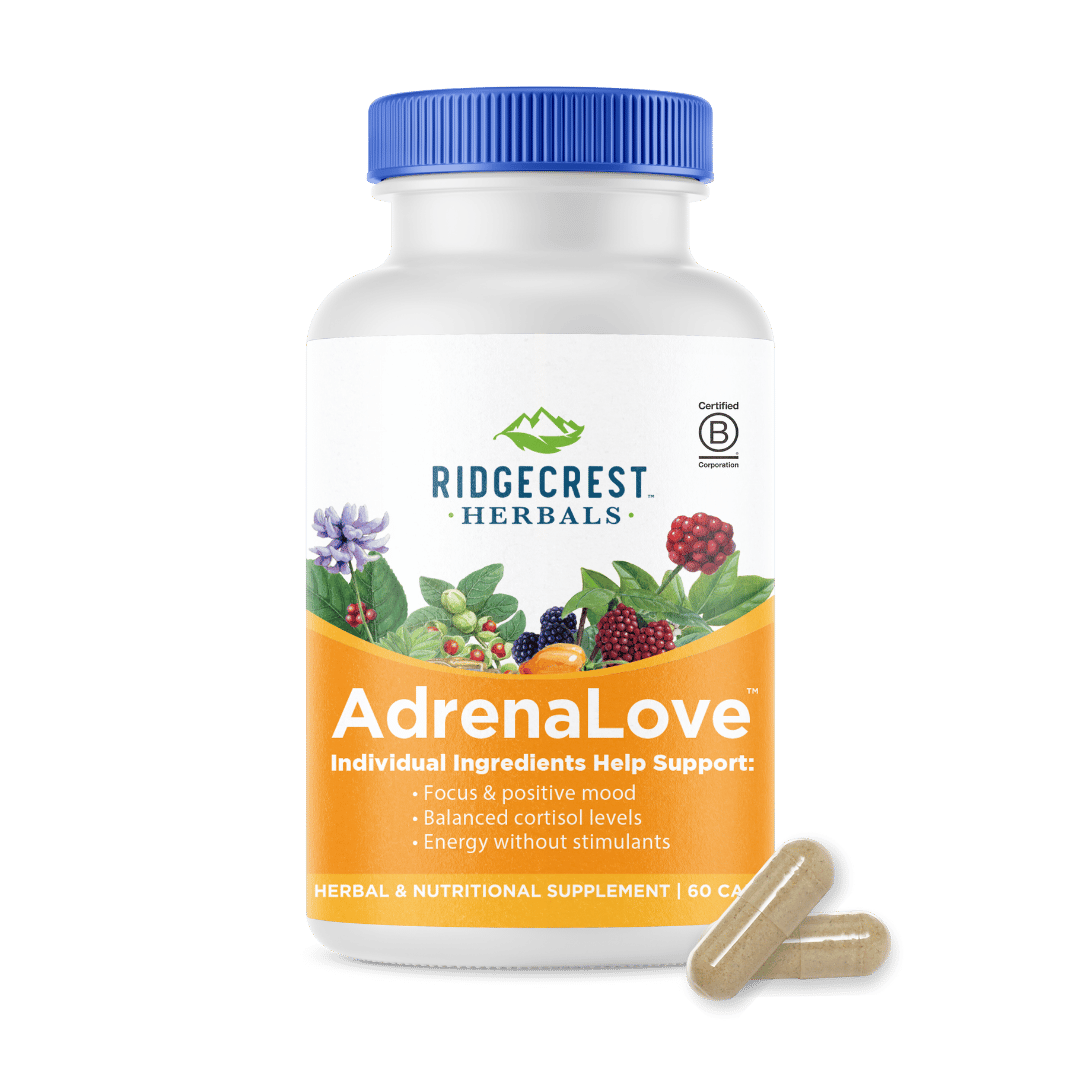Supporting Restful Sleep with the Right Nutrition
Sleep is more than just rest. It’s the time when your body repairs, your brain resets, and your energy stores are restored. Yet for many people, a good night’s sleep feels out of reach. While bedtime routines, light exposure, and stress management are all important, what you eat may be just as crucial. Nutrition influences the production of neurotransmitters and hormones related to sleep, making a balanced diet one of the most natural ways to support deeper rest.
In this guide, we’ll explore the connection between sleep and nutrition, highlight key nutrients, and share practical food strategies to help you wake feeling refreshed.
How Nutrition Influences Sleep
The body’s sleep cycle relies on a delicate balance of hormones and chemical messengers. Serotonin helps regulate mood and relaxation, while melatonin signals when it’s time to sleep. The nutrients in the foods we eat provide the building blocks for these compounds.
For example, specific amino acids and minerals support neurotransmitter activity, while blood sugar balance can influence whether you stay asleep or wake during the night. This means that nourishing meals throughout the day—not just at dinner—play a role in supporting sleep quality.
Key Nutrients That Support Sleep
Magnesium
Magnesium supports normal nerve function, muscle relaxation, and the body’s natural response to stress. Adequate magnesium intake may help the body relax and support healthy sleep patterns.
Did you know? 🌰 Almonds are a natural source of magnesium, helping muscles relax and supporting restful sleep.
Tryptophan
Tryptophan is an essential amino acid that the body uses to produce serotonin, which contributes to the body’s natural sleep-wake cycle.
Did you know? 🍌 Bananas contain tryptophan, magnesium, and potassium, making them a tasty evening snack to help the body wind down.
Vitamin B6
Vitamin B6 helps the body convert tryptophan into serotonin, which contributes to normal mood and sleep patterns.
Did you know? 🥫 Chickpeas and bananas are natural sources of B6, supporting serotonin production and healthy sleep cycles.
Calcium
Calcium plays a crucial role in the production of melatonin and supports normal muscle function. Adequate calcium intake can support the body’s natural ability to relax.
Did you know? 🥛 Warm milk contains calcium and tryptophan, which can help support healthy sleep patterns.
Complex Carbohydrates
Complex carbohydrates help tryptophan reach the brain, supporting the production of serotonin and melatonin, and contributing to normal sleep patterns.
Did you know? 🍠 Sweet potatoes, oatmeal, and quinoa are rich in complex carbs that may support healthy sleep.
Omega-3 Fatty Acids
Omega-3 fatty acids support normal brain and nervous system function, which can contribute to healthy relaxation and mood.
Did you know? 🐟 Salmon, chia seeds, and flaxseeds are natural sources of omega-3s, helping support the body’s natural relaxation processes.
Foods and Drinks That May Disrupt Sleep
Just as nutrition can be beneficial, certain choices can also hinder it. For more restful nights, try limiting:
- Caffeine (coffee, tea, chocolate, energy drinks), especially after mid-afternoon.
- Alcohol, which may make you drowsy at first, often disrupts deep sleep cycles.
- Heavy or spicy meals too close to bedtime can cause indigestion.
-
Sugary snacks late in the evening can spike blood sugar and trigger a crash.
Smart Bedtime Snack Ideas
A balanced snack can help prevent nighttime hunger while gently supporting a good night's sleep. Aim for a combination of protein and complex carbs:
- Warm oatmeal topped with pumpkin seeds
- A banana with almond butter
- Whole-grain toast with turkey slices
-
Greek yogurt with tart cherries (naturally high in melatonin)
Lifestyle Pairings: Beyond Nutrition
Food provides the foundation, but pairing good nutrition with healthy sleep habits makes it even more effective. A few simple practices include:
- Keeping a regular sleep schedule
- Creating a calming bedtime routine
- Limiting blue light from screens in the evening
- Practicing gentle stretches or deep breathing before bed
-
Keeping the bedroom cool, dark, and quiet
Putting It All Together
Restful sleep is supported by more than just what happens at night; it’s influenced by the choices you make throughout the day. By fueling your body with magnesium-rich greens, tryptophan-packed proteins, and sleep-friendly complex carbs, you can give your body the nutrients it needs to relax and recharge naturally.
Small shifts in nutrition, combined with mindful bedtime habits, can create lasting improvements in your sleep quality. Better rest means more energy, a steadier mood, and greater resilience throughout the day.
Frequently Asked Questions About Sleep and Nutrition
What foods are best to eat before bed?
The best bedtime snacks combine protein and complex carbohydrates, such as oatmeal with pumpkin seeds, a banana with almond butter, or whole-grain toast with turkey. These foods provide tryptophan and steady energy to support a good night's sleep.
What vitamins help with sleep?
Several nutrients play a crucial role in supporting sleep, including magnesium, vitamin B6, calcium, and omega-3 fatty acids. These help regulate neurotransmitters, relax muscles, and support the production of melatonin.
Is it bad to eat late at night?
Eating heavy or spicy meals right before bed can disrupt digestion and make it harder to fall asleep. A light, balanced snack can be helpful if you’re hungry in the evening.
Does sugar affect sleep?
Yes. High-sugar foods can cause blood sugar spikes and crashes, which may wake you during the night. Choosing complex carbohydrates over refined sugar helps support steadier sleep cycles.
Can certain drinks help you sleep better?
Yes. Warm herbal teas, such as chamomile or lemon balm, are naturally calming. On the other hand, caffeinated drinks, alcohol, and sugary beverages may interfere with deep, restful sleep.
👉 Looking for more ways to support restful nights? Explore our sleep support collection and discover natural allies for better rest.








Leave a comment
All comments are moderated before being published.
This site is protected by hCaptcha and the hCaptcha Privacy Policy and Terms of Service apply.